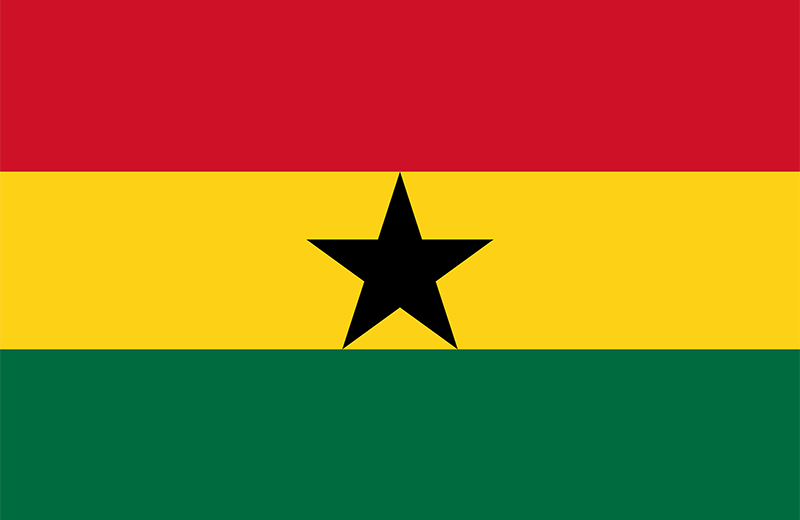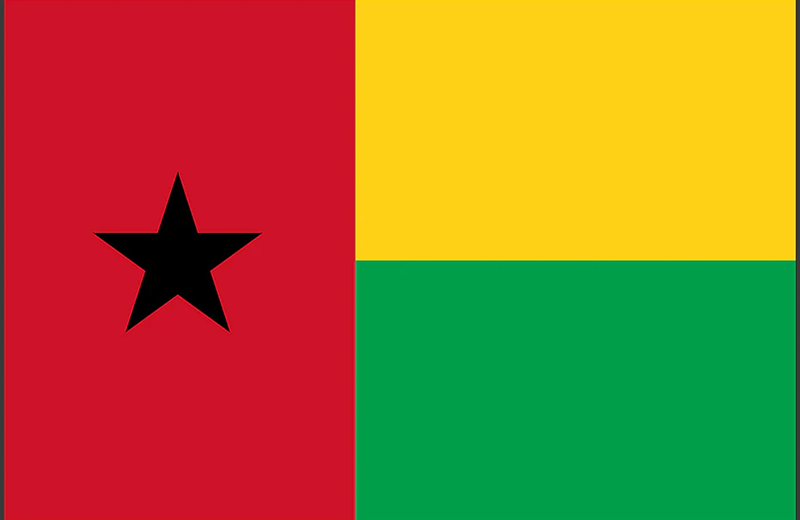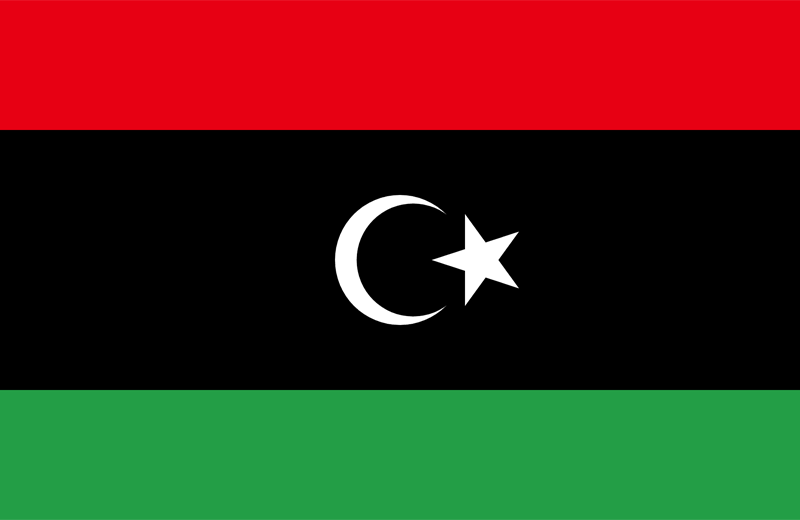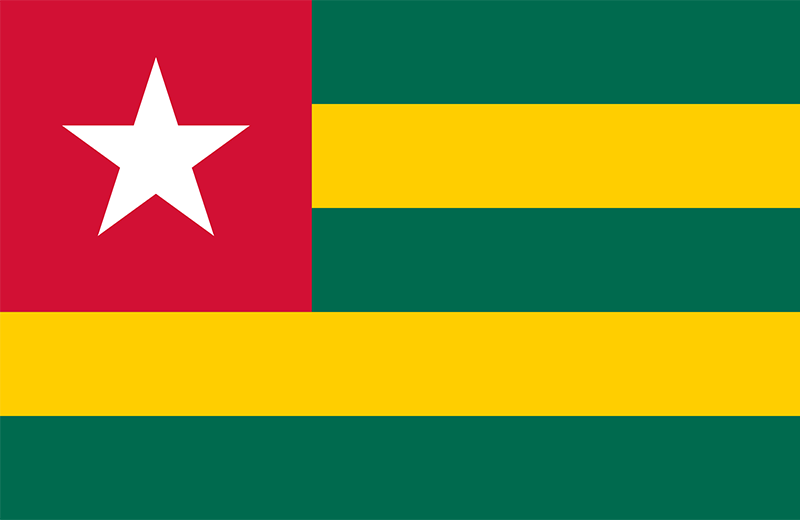Guide to Incoterms
What are Incoterms?
The Incoterms 2020 guidelines, which are the accepted commercial terminology, were released by the International Chamber of Commerce. For assessing the responsibilities of buyers and sellers for the delivery of goods under sales contracts for international trade, they serve as voluntary, authoritative, widely acknowledged, and approved texts. Both Incoterms and the United Nations Convention on Contracts for the International Sale of Goods have many similarities. Every significant trading nation is aware of and uses Incoterms.
All 11 Incoterms & their descriptions:
The seven Incoterms® 2020 rules for any type of transport are:
EXW – Ex Works
- Ex-works means that the products are delivered to the buyer at the seller’s premises or another designated location (i.e., works, factory, warehouse, etc.).
- The vendor is not required to load the products into any collection vehicle. Furthermore, when it is appropriate, it is not essential to grant them export authorization.
FCA – Free Carrier
- The seller delivers the goods to the carrier or another person the buyer specifies at the vendor’s premises or another location specified by the seller.
- Since the buyer accepts risk at that moment, the parties should be as specific as they can be about the point within the authorized place of delivery.
CPT – Carriage Paid to
- The Seller shall deliver the Products to the Carrier or such other Person as the Seller may designate at a place to be specified by the Seller (if any area is agreed upon between parties).
- The seller is responsible for contracting and covering all transportation charges necessary to deliver the goods to the designated address.
CIP – Carriage and Insurance Paid To
- The seller agrees to insurance coverage to safeguard them against the potential that the goods will be misplaced or harmed while being carried on behalf of the buyer. The seller is still subject to the same requirements as CPT.
- Buyers should be aware that CIP only requires the vendor to obtain the bare minimum of cover insurance. The buyer must either expressly negotiate a higher level of insurance protection with the seller or secure additional insurance on their own.
DAP – Delivered at Place
- The products are considered delivered by the seller whenever they are loaded onto the arriving mode of transportation and ready for unloading at the agreed-upon location.
- The vendor assumes all risks involved in getting the goods to the destination.
DPU – Delivered at Place Unloaded
- DPU has been introduced to replace the existing Incoterm® DAT (Delivered At Terminal). The seller has performed their delivery obligation when the goods are unloaded and placed at the buyer’s disposal in a designated area.
- The seller is responsible for taking on all risks related to delivering the goods to and unloading them at the designated place.
DDP – Delivered Duty Paid
- The items are cleared for import on the arriving mode of transportation and ready for dumping at the appointed location when the seller delivers them to the buyer.
- The seller is the only party to assume the costs and risks of shipping the goods to their final location. They must clear the products for import as well as export, pay any import or export-related duties, and finish all required customs formalities.
The four Incoterms® 2020 rules for Sea and Inland Waterway Transport are:
FAS – Free Alongside Ship
- At the selected port of shipping, the seller has finished delivery when the items are positioned next to the vessel (such as on a quay or a barge) chosen by the buyer.
- The risk of loss or damage to the items is eliminated when they are placed next to the ship. After then, all costs must be covered by the buyer.
FOB – Free on Board
- The vendor either gets the already-supplied things at the designated port of shipping or delivers the goods to the vessel the buyer specifies.
- The risk of loss or damage to the cargo vanishes the moment the goods are placed onto the ship. After then, the consumer is responsible for all expenditures.
CFR – Cost and Freight
- The buyer either buys already-shipped items from the seller or delivers the merchandise directly to the ship.
- The risk of loss or damage to the items is no longer present once they are on board the vessel.
- The seller must agree to and pay for the charges and freight necessary to transport the goods to the specified port of destination.
CIF – Cost Insurance and Freight
- Either the vendor ships the goods directly to the ship, or they are purchased along with already-delivered goods. The risk of loss or damage to the commodities is no longer present once they are aboard the ship.
- The seller must agree to and pay for the freight and charges necessary to deliver the goods to the specified port of destination.
- Additionally, the seller consents to insurance protection against the possibility that the buyer will misplace or harm the products while transporting them.
- The seller is only required to obtain insurance on the minimal cover under CIF, which the buyer should be informed of. The buyer must expressly agree with the seller or make its own additional insurance arrangements if it wants additional insurance coverage.
Bonus Information:
The most popular Incoterms used in Africa are CIF and FOB
Disclaimer
The purpose of this material is to acquaint exporters and importers with Incoterms®. The material supplied is not legal advice, and neither is it a complete or official definition of each Incoterm®. You are urged to carry out your own research and, if necessary, seek legal advice.
For more detailed information you may visit the ICC website
 Angola
Angola Benin
Benin Burkina Faso
Burkina Faso Burundi
Burundi Cameroon
Cameroon Central African R.
Central African R. Chad
Chad D. Republic of the Congo
D. Republic of the Congo Djibouti
Djibouti Egypt
Egypt Equatorial Guinea
Equatorial Guinea Gambia
Gambia Gabon
Gabon Ghana
Ghana Guinea Bissau
Guinea Bissau Guinea Conakry
Guinea Conakry Ivory Coast
Ivory Coast Republic of Congo
Republic of Congo Liberia
Liberia Libya
Libya Madagascar
Madagascar Mali
Mali Niger
Niger Nigeria
Nigeria Senegal
Senegal Sierra Leone
Sierra Leone Somalia
Somalia South Sudan
South Sudan Togo
Togo Yemen
Yemen